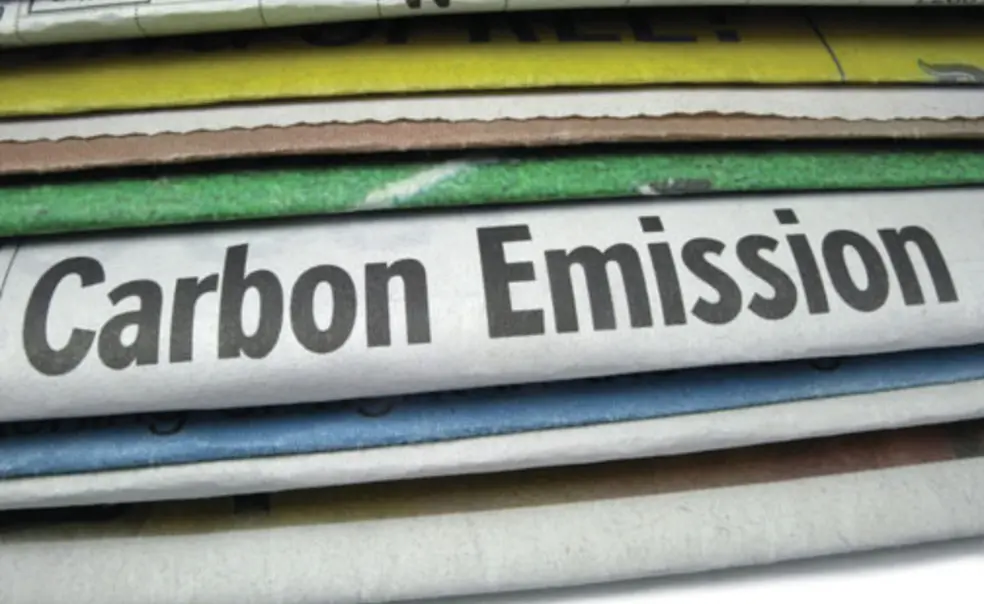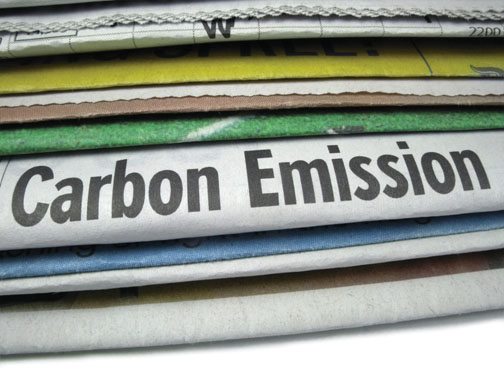Research briefs
A Princeton-led team of scientists has proposed a novel way to allocate the responsibility for reducing carbon-dioxide emissions from fossil fuels: Cap the emissions of individuals. Nations with the most high-emitters would shoulder the bulk of the load, but developing nations also would play a significant role. The framework was published online in the Proceedings of the National Academy of Sciences July 6.
Rotavirus vaccines have cut hospitalizations for gastroenteritis significantly among American children, according to research published in the July 17 issue of Science. Lessons from that vaccination program could save lives in developing countries, where diarrhea-related illnesses remain a leading cause of childhood morbidity. The study’s authors included ecology and evolutionary biology professor Bryan Grenfell, as well as researchers from five other universities and public-health agencies.
A study led by molecular biology professor Yibin Kang examined how two specific proteins contribute to bone metastasis in patients with advanced breast cancer. The research, which could aid the design of new cancer drugs that inhibit the metastasis process, was published online July 16 in Genes & Development.
Producing biofuels presents scientists with a “trilemma” of balancing energy needs, environmental concerns, and food production, according to a study published in Science July 17. Researchers from Princeton and four other universities found that the most beneficial biofuels are produced from materials such as crop residues and municipal waste, which have low life-cycle greenhouse-gas emissions and do not compete with food production.













No responses yet